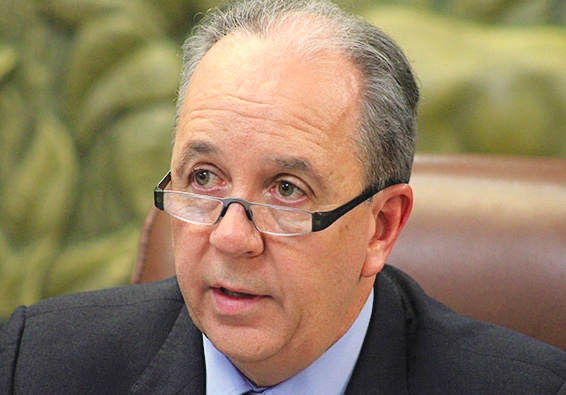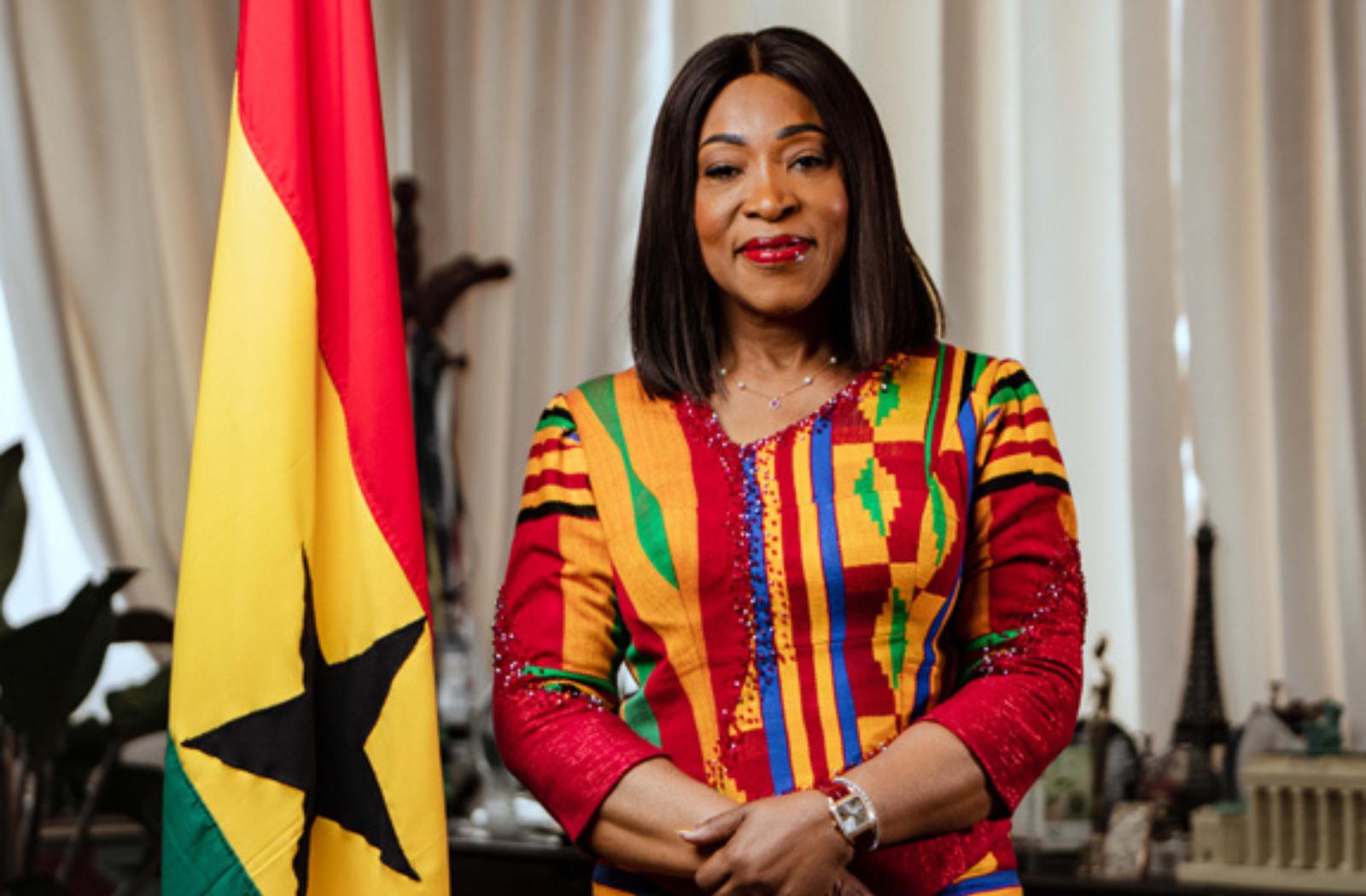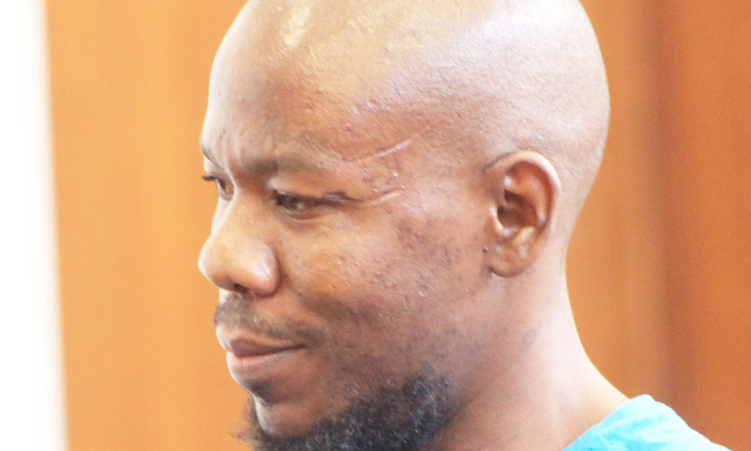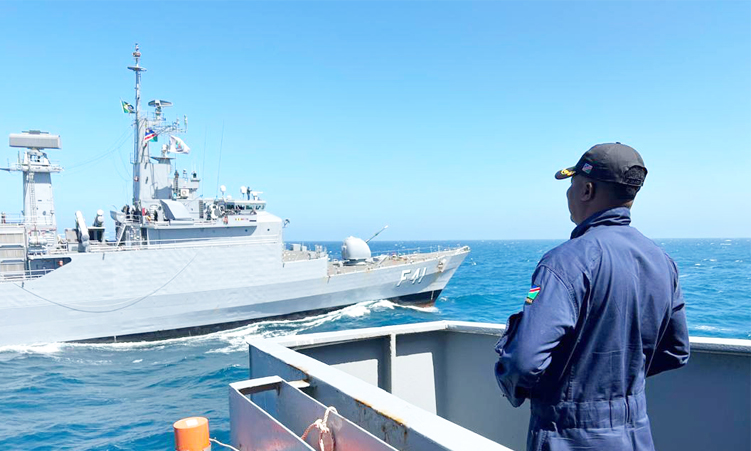• ESTER MBATHERA and CHARMAINE NGATJIHEUE PUBLIC enterprises minister Leon Jooste says the government does not have money to bail out financially distressed public enterprises.
He was speaking to the chairpersons of state-owned enterprises (SOEs) boards during the inaugural meeting of the public enterprises chairpersons forum, held at Swakopmund recently.
“The shareholder does not have the luxury to provide these blind bailouts. If we need to make money available as a government, we need to take that money from somewhere else,” such as education, healthcare and other social projects,” said Jooste.
While the government understands that some SOEs, such as those in the tourism and mining sectors, have been badly affected by Covid-19 and other things beyond their control, Jooste maintains that giving money without any feasible strategy will not solve the problem.
According to the latest Institute for Public Policy Research (IPPR) Public Enterprise Governance Rankings published on 7 November, TransNamib, Lüderitz Waterfront Company, Namibia Industrial Development Agency, Henties Bay Waterfront, Zambezi Waterfront, the Roads Contractor Company, Epangelo Mining Company, the Meat Corporation of Namibia and Namibia Wildlife Resorts are some of the companies that will continue to rely on bailouts to survive.
The IPPR analysis suggests only seven of 20 public enterprises have been profitable in recent years, and most remain dependent on subsidies to stay afloat.
The high-level-panel on the Namibian economy recommends that the government divest from financially distressed public enterprises because of management instability, mismanagement, or corruption.
However, Jooste said exemptions would be made for those offering crucial services to the nation.
“There we need to be realistic,” said Jooste. “But that is where it gets tricky, it doesnt mean they should not work their butts off to generate as much revenue as possible, even if it is only 40% of their total budget.”
ANALYSTS WEIGH IN
Economist Omu Kakujaha-Matundu said although all SOEs were created for a purpose, he questioned whether those services were not better rendered by departments in line ministries.
“Or were they created as milking cows for the privileged? I dont think most of these SOEs were rendering anything essential anyway,” he said
Some have just been draining public coffers, and the painful part is the hundreds of employees of these “artificially created” institutions stand to lose their jobs, he said.
“Painful indeed. What I think is not how the taxpayer can keep those institutions on life support, but how the government can absorb the hundreds if not thousands who stand to lose their jobs.
The IPPRs Graham Hopwood says. there are just over 70 public enterprises of different categories, but only about 20 are considered commercial.
“That is why they are supposed to be run along business lines and make a profit or at least break even. The remaining 50 or so will need some form of support from the government as they are not set up to cover all their own costs.”
Of the 20 commercial enterprises, not all can be considered as delivering essential services. He noted that there needs to be a rational analysis of all 70 plus public enterprises to see if they still serve a purpose.
“I dont see why the government should continue to fund public enterprises that are clearly badly governed and losing millions in taxpayers money year after year,” says Hopwood.
Stay informed with The Namibian – your source for credible journalism. Get in-depth reporting and opinions for
only N$85 a month. Invest in journalism, invest in democracy –
Subscribe Now!






